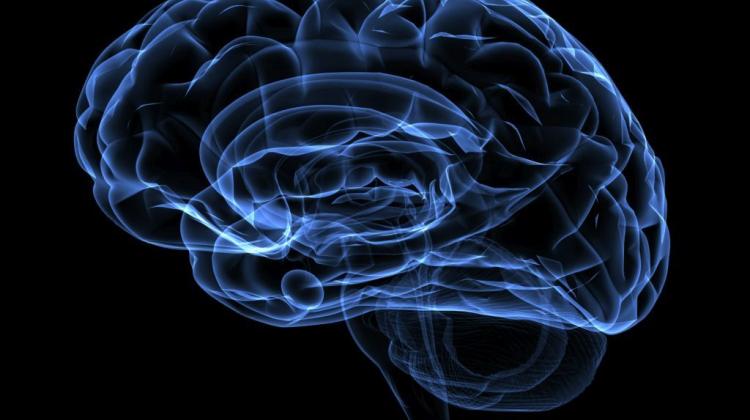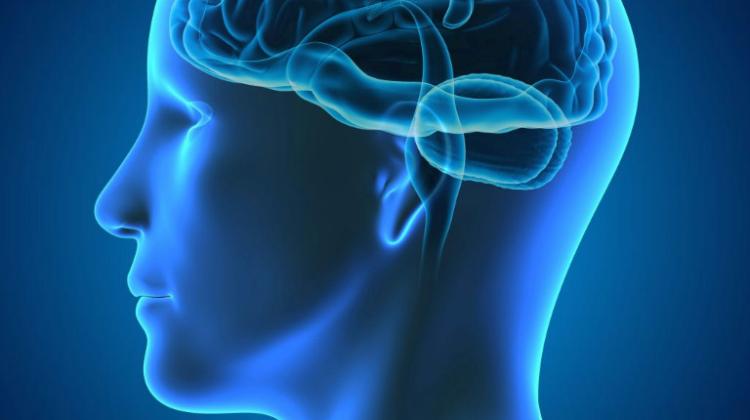Polish scientists are investigating why chronic stress damages the brain

Protein-degrading enzyme MMP-9 may contribute to the development of mental disorders that develop on the ground of chronic stress, according to research of scientists from the Nencki Institute of Experimental Biology in Warsaw.
In the future, it may lead to the development of effective new therapies for conditions including depression.
Chronic stress has a profound impact on cognitive functions and brain structures. It can contribute, among other things, to the development of psychiatric disorders such as depression, which according to the World Health Organization is the fourth most serious disease in the world. The costs of treating depression are huge, and so far disproportionate to the results.
Molecular mechanisms responsible for the devastating effects of chronic stress on the brain are poorly understood. Research aimed at understanding these mechanisms is carried out, among others, by Polish scientists from the Nencki Institute of Experimental Biology in Warsaw.
"The brain is the most complicated and complex organ of the human body. It is composed of nerve cells that communicate with each other via dedicated connections called synapses. Throughout the life, the strength and number of synaptic connections change in response to various stimuli appearing in the internal and external environment of the body, such as exposure to chronic stress" - told PAP Dr. Emilia Rejmak-Kozicka from the Nencki Institute. Winner of the START scholarship of the Foundation for Polish Science and the National Science Centre grant studies chronic stress, which can cause the development of depression.
According to research, over the years, synapses secrete enzymes that alter their environment. One of them is MMP-9, involved in the degradation of the extracellular matrix. A study by Dr. Kozicka, published in the journal "Nature Communications", showed that MMP-9 cuts another protein like scissors - nectin-3, which connects two nerve cells like a scaffolding. When this protein is cut, it ceases to perform its role. These results have been confirmed by in in vitro cell culture studies and in animal models of chronic stress.
"Together with scientists from the University of Technology in Lausanne we have discovered a reduced level of nectin-3 in the hippocampus, the brain area critical in response to stress and the development of depression. Molecular changes under chronic stress are reflected in the behaviour of animals, which become more aggressive, show abnormal social behaviour" - explained Dr. Rejmak-Kozicka.
According to the researcher, knowledge of the molecular mechanisms of stress will bring scientists closer to the discovery of suitable drugs and effective treatment for neuropsychiatric disorders associated with chronic stress, particularly depression.
PAP - Science and Scholarship in Poland, Karolina Duszczyk
kol/ jjj/ mrt/
tr. RL
Przed dodaniem komentarza prosimy o zapoznanie z Regulaminem forum serwisu Nauka w Polsce.


















